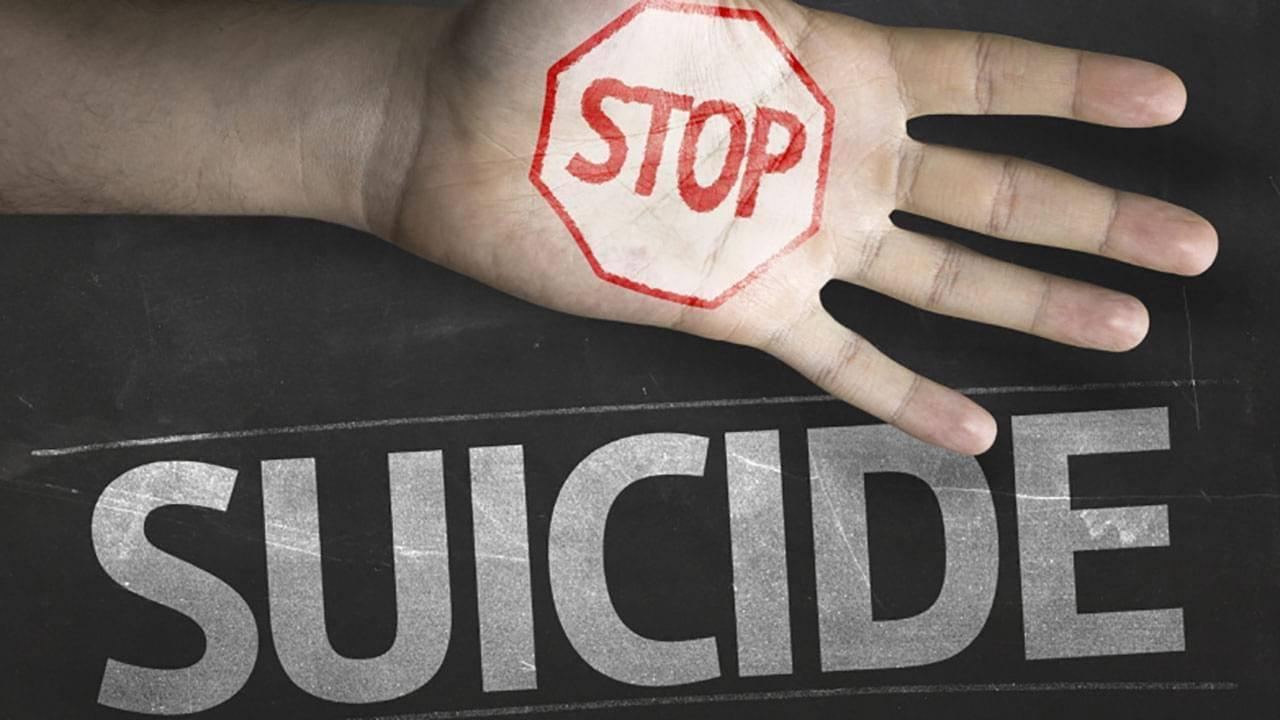Suicide: 5 Warning Signs and 5 Things You Can Do to Help
Suicide is the 10th leading cause of death in America. In fact, 121 people, of all ages and economic classes, commit suicide in the U.S. every day. ...
Suicide is on the rise. In fact, it's the third leading cause of death among teens. Sixty percent say they've thought about it, and nine percent admit that they have attempted it at least once.
Don't ignore the warning signs that a loved one may be contemplating taking his or her life.
If someone you know is planning to take his or her life, please contact the National Suicide Prevention Lifeline at 1 (800) 273-TALK (8255).
MORE: Suicide: 5 Warning Signs and 5 Things You Can Do to Help

Suicide is the 10th leading cause of death in America. In fact, 121 people, of all ages and economic classes, commit suicide in the U.S. every day. ...

A recent rise in teen deaths by suicide has parents and educators concerned. Is your loved one at risk? Dr. Phil sheds light on common myths.

During the time it takes to tape the Dr. Phil show, almost 200 people in America will attempt suicide. According to the American Foundation for...